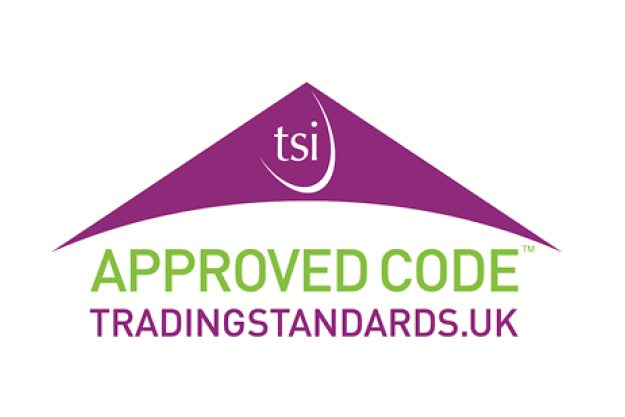Housing minister Grant Shapps has made it clear that any form of legislation to regulate letting agents is not a priority for the coalition government.With the focus on reducing public expenditure, it is understandable that a fundamental change in the way government views the buying and selling, letting and renting of property will simply not occur.
Inconsistency
Sales agents operate under the requirements of the Estate Agents Act 1979, the Property Misdescriptions Act 1991 and the various associated regulations. They are required to join an approved redress scheme under the Consumers, Estate Agents and Redress Act 2007. There is also The Property Ombudsman Code of Practice for sales agents, which defines clear standards by which to operate.Conversely, there is no primary legislation relating to letting agents. Many agents are in membership of TPO and therefore following the standards in the Lettings Code of Practice, but consumers do not receive consistent treatment or protection because some agents can sit outside of that umbrella, which allows more errant agents to severely disadvantage a landlord or a tenant.
Trendsetter
One of my roles as ombudsman is to help inform estate agents of current thinking on best practice, and keep a close eye on current trends in complaints so that if a pattern is emerging I can try to amend the behaviour. That’s why I consider redress scheme membership to be fundamental to improving standards in lettings agencies.As yet there is no compulsion for them to join an approved scheme, as there is for sales agents, and that’s why in my latest interim report, published this week, I have called on the government to change the law to make this possible.
Demand
The figures in my interim report clearly show that sales agents and lettings agents ended the quarter with the same number of cases (150) being opened for both industry sectors. But lettings agents generated far more enquiries than sales agents in the same period – virtually 70% more at 1,975. This is vastly different from the variance in earlier quarters of 2010, although a slightly less dramatic rate of climb than for the same period last year.What concerns me more is that when you survey the membership figures, there are 46% more sales agents in the scheme than there are lettings agents. The ratio of enquiries to membership numbers is one for every 9.7 sales offices compared with one for every 3.9 lettings offices. Clearly, there is work to do in the lettings sector to improve standards.
Pressure
The good news is that we have 7,756 lettings offices covered by the scheme at a time when such a move is purely voluntary. But as the government’s spending cut programmes are implemented and expenditure on public housing provision is perhaps scaled back, there will be more pressure on private sector landlords, and thus lettings agents, to fill the vacuum.Simultaneously, reductions in benefits payments will see downward pressure on rents in the private sector if bad payers and evictions are to be avoided. Further, there will be a real temptation to reduce overheads, and by natural progression cut corners, to make letting property economically viable.Agents may face pressure from landlords or the diminishing income from the amount levied from falling rents, even if the percentages agents earn remain the same, so there will also be a temptation to cut corners. What I don’t relish is coming back in a year’s time to report that things are worse than ever with regard to the lettings industry’s relationship with its consumers.



